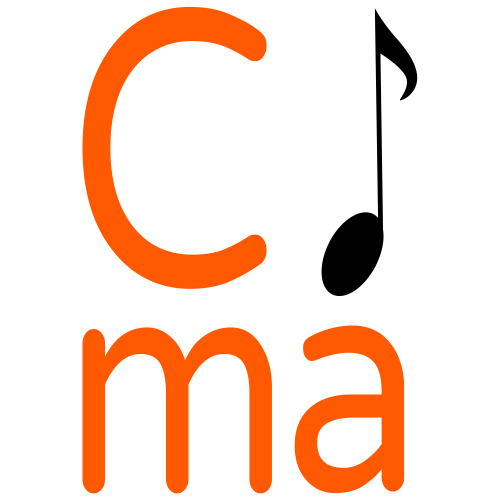ELGAR CELLO CONCERTO IN E MINOR, OP. 85, 1ST MOVEMENT (PART 1)
CORNERSTONE LESSON ELGAR
Amit Peled teaches about the attitude, technics and the critical points of the first movement of this very famous Elgar Cello Concerto composition. Special topics are the use of the bow, the posture, and the tempo interpretation.

Masterclass recorded in May 2015 ©iClassical Academy
History of the piece
Elgar composed this cornerstone in the Cello repertoire during the aftermath of the First World War, when his music had already gone out of fashion with the concert-going public. The Cello Concerto is for the most part contemplative and elegiac, as it represents both the pain and the will for the renaissance, despite the exterior and interior tragedy that the war left.
The first performance was a debacle because Elgar and the performers had been deprived of adequate rehearsal time. The work did not achieve wide popularity until the 1960s when a recording by the French player Jacqueline du Prè caught the public imagination and became a classical best-seller. Since then, leading cellists from Pablo Casals onward have performed the work in concert and the studio.
What to expect in the Masterclass
Amit Peled is one of the most modern Master Teachers of iClassical Academy. His method of teaching is based on some cardinal points, amongst which there is a list of very practical and functional rules to add to your vocabulary; as regards the Bowing, you will notice how shoulder and elbows position can affect your sound. Then you can learn about the posture and the movement of your body along with your playing, in order to let yourself merge with the melody that you're playing. He also teaches the Vibrato in a very natural way, in order to have possible different Vibratos in your "Vibrato Tool-box" to be used on the need. Very precise rules with the aim of being free to interpret the composition, according to the environment in which it was composed, which in Maestro Peled's ideology is always the starting point to understand how to play a piece.
Watch the full Masterclass here
Become an iClassical member and select your plan here
